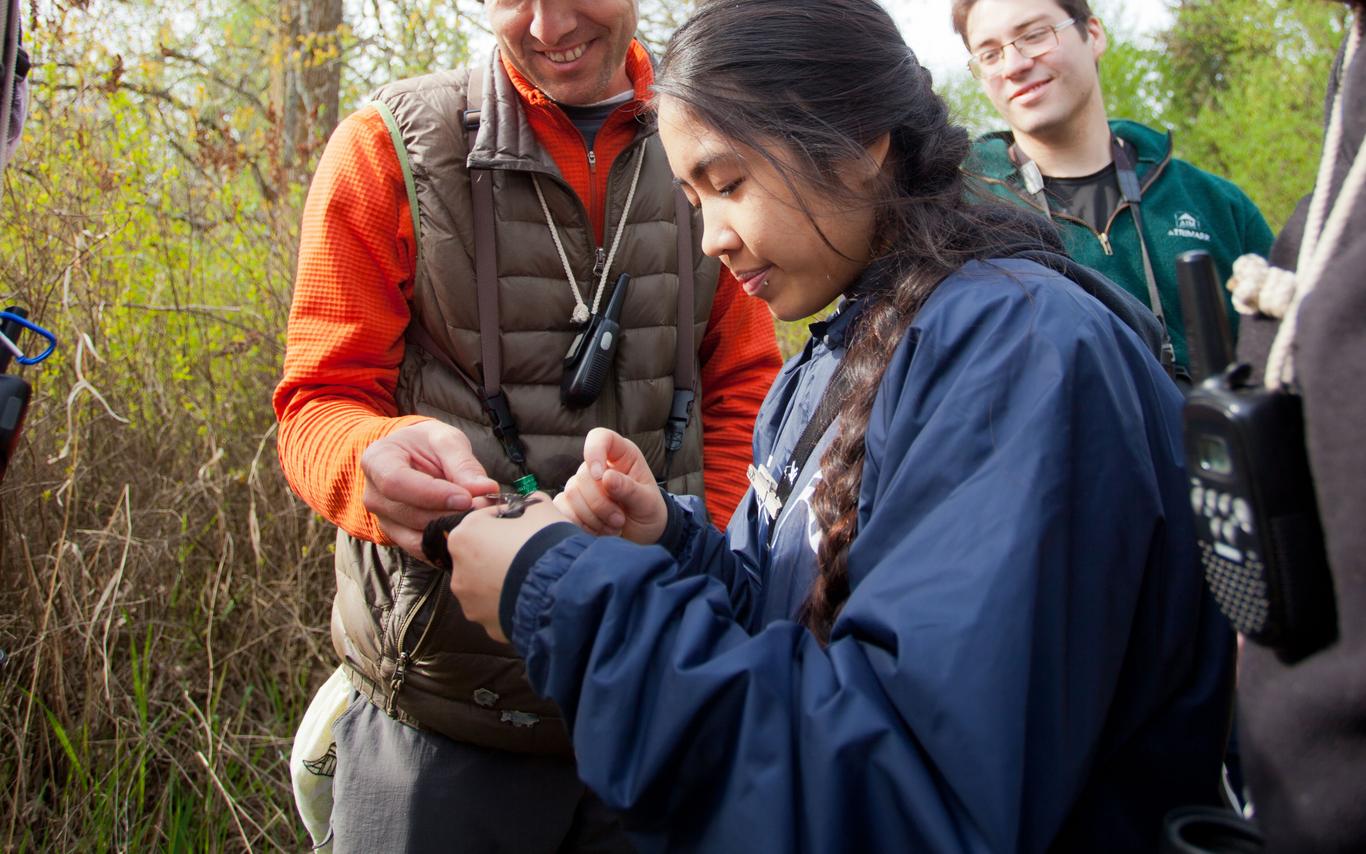Canada’s move towards open and collaborative research has increasingly meant that our world-class research has become the target of espionage and foreign interference activities which pose threats to research security as well as to national security, economic competitiveness, and prosperity. The work of safeguarding research conducted in Canada requires a coordinated effort by all actors in the research enterprise including government, universities and researchers. For researchers, threats to your research can happen throughout the research lifecycle from hiring research personnel, determining how to store your data, identifying who has access to your data, traveling to attend a conference and to publication and more. The resources listed below provide helpful information for VIU researcher to action to safeguard their research both on and off campus.
Background
In a Research Security Policy Statement on March 24, 2021, the Government of Canada encouraged all members of the research community to take extra precautions to protect the security of their research. On February 14, 2023, a ministerial statement was made on enhancing the research security posture in Canada. On January 16, 2024, a ministerial statement announced new measures to protect Canadian research.
On July 12, 2021, Canada released new National Security Guidelines for Research Partnerships. These guidelines will integrate national security considerations into the development, evaluation and funding of research partnerships. Universities and researchers must identify and mitigate risks in research partnerships and ensure that security precautions and protocols are in place so that potential threats to research and intellectual property are protected.
The new measures announced in January 2024 include a new Policy on Sensitive Technology Research and Affiliations of Concern and the launching of Canada’s new Research Security Centre.
“The Policy on Sensitive Technology Research and Affiliations of Concern will provide alignment across the federal research ecosystem when it comes to research grant applications submitted by a university or affiliated research institution to the federal granting councils—the Canadian Institutes of Health Research (CIHR), the Natural Sciences and Engineering Research Council of Canada (NSERC) and the Social Sciences and Humanities Research Council of Canada (SSHRC)—and the Canada Foundation for Innovation (CFI).” Two lists were provided that provide clear, defined and transparent guidance for researchers to quickly and efficiently determine if these new requirements apply to the scope of their research and their grant application.
This first is a list of sensitive technology research areas that support the development and advancement of new technologies. This list will allow researchers to self-assess whether their proposed research is within the scope of this new requirement. Research that will merely use an existing technology is not within the scope of this policy.
The second list was of named research organizations (NRO) connected to military, national defence or state security entities that may pose a risk to Canada’s national security. This list was developed by Public Safety Canada, together with experts from across the federal government, using a risk-based approach.
VIU researchers are advised to become familiar with the changes to research security in Canada. All researchers applying for Tri-agency funding after May 2024 will be required to review the sensitive research areas and the list of named resource organizations and may be required to provide an attestation at the time of their submission.
Where can I learn more?
Regular training courses are offered by the Safeguarding Science Initiative and intended for researchers, research staff (including technicians, postdoctoral fellows and students), research security professionals, research administrators, information technology and information management staff, security personnel, biosafety and radiological safety officers, human resources personnel, supply chain personnel and senior management.
Courses
The Government of Canada has developed three courses to better equip Canadian researchers with the knowledge and resources to protect their research including one on introduction to research security and cyber security for researchers. Regular training courses are offered by the Safeguarding Science Initiative (publicsafety.gc.ca).
Resources
- Safeguarding your Research – a Government of Canada Portal with information targeted for researchers
- National Security Guidelines for Research Partnerships: How can I assess risks in partnerships?
- Canada’s research security center and updates from the federal government
- Research Security Information Updates from Public Safety Canada (May 2021)
- Policy Statements - Government of Canada
- Foreign Interference and You – Canadian Security Intelligence Service
- Security Considerations for Research and Development
- Travel Security Guide for University researchers and staff
- Computer Security for On and Off-Campus – VIU IT
